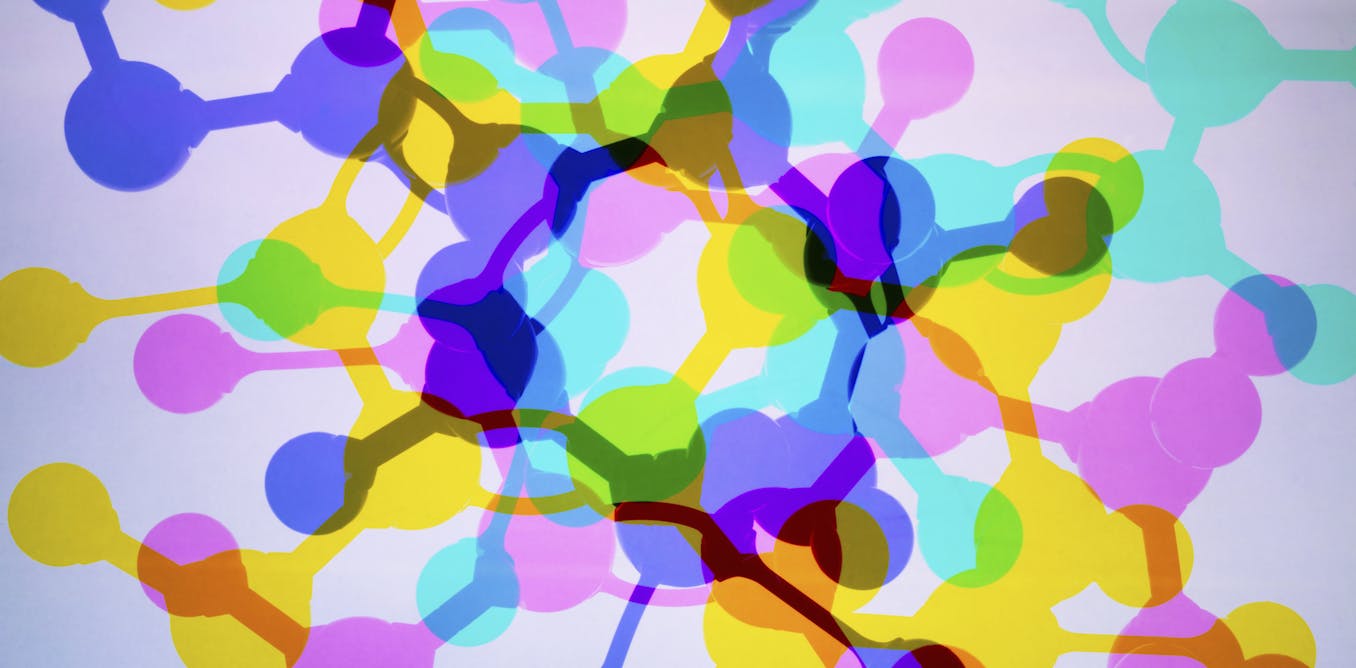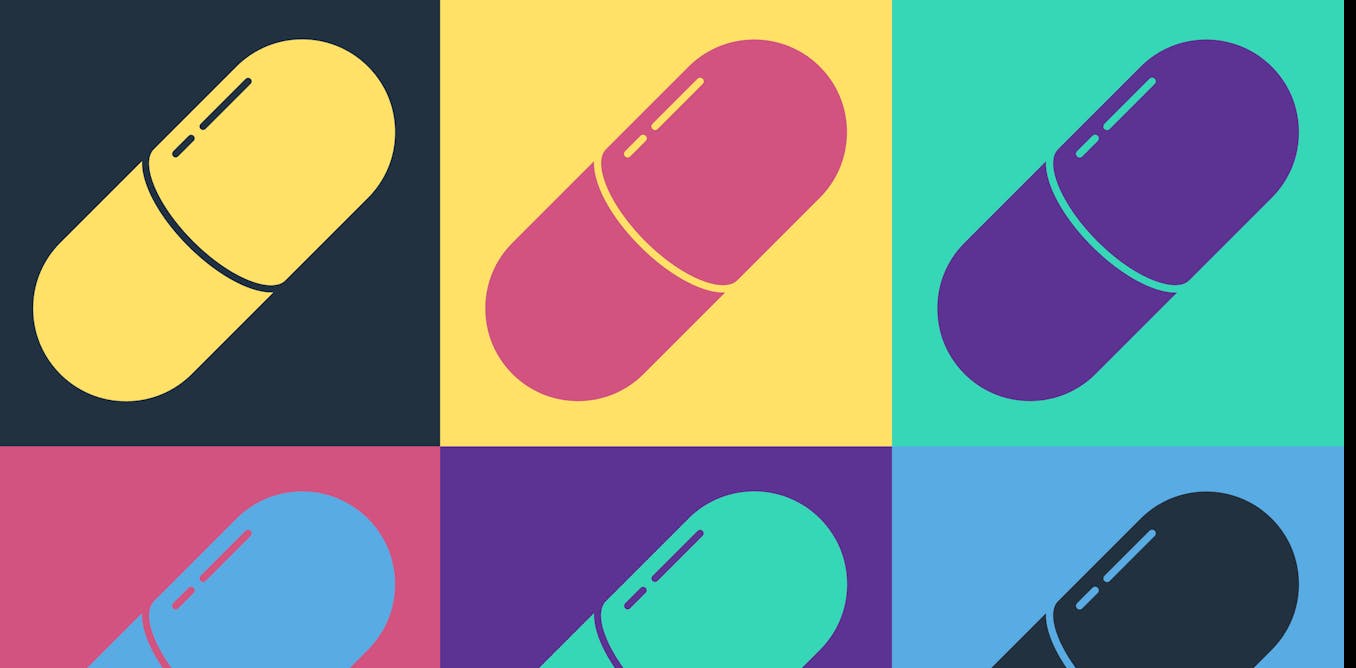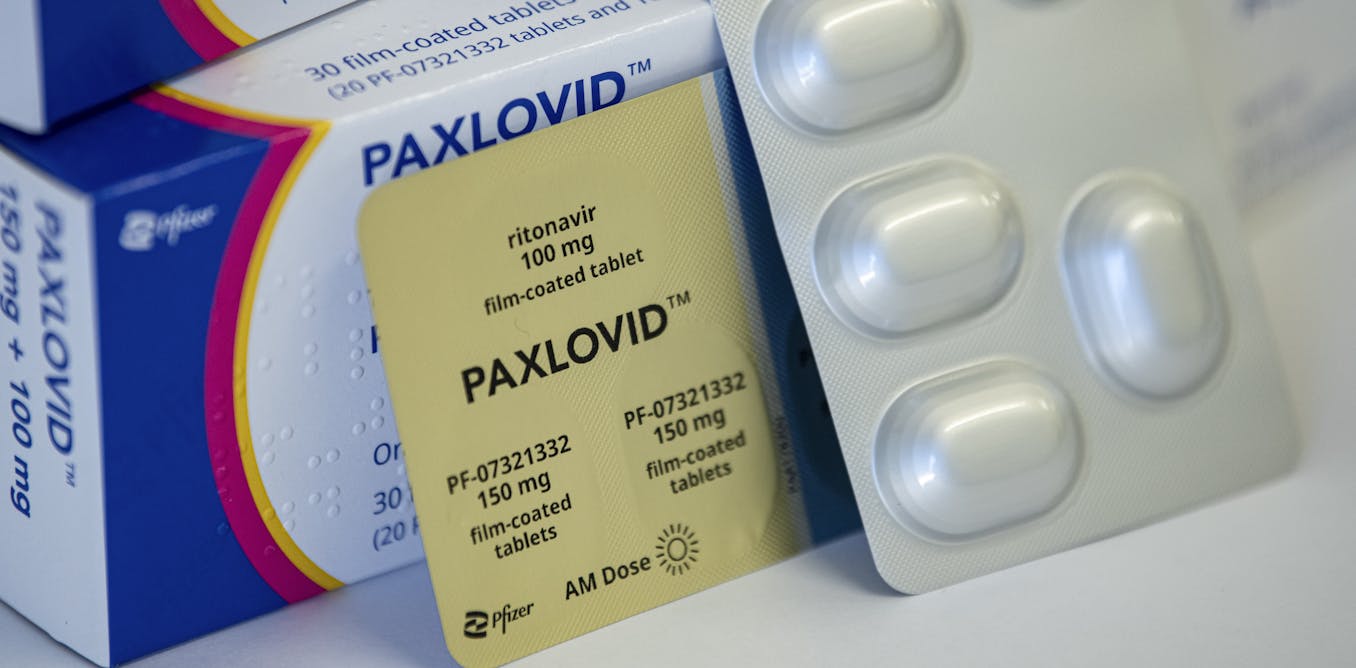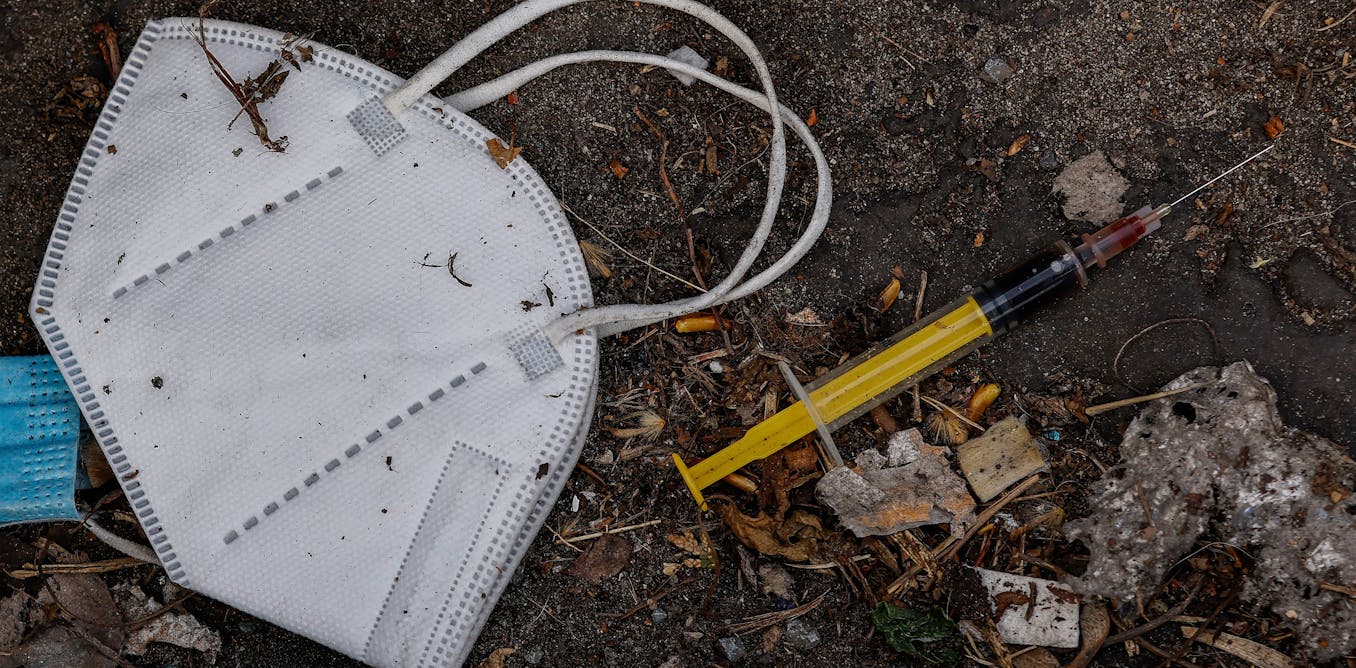Many medications affect more than one target in the body – some drug designers are embracing the 'side effects' that had been seen as a drawback
Many approved drugs work on the body in ways that researchers still aren’t entirely clear about. Seeing this as an opportunity instead of a flaw may lead to better treatments for complex conditions.
July 11, 2022 • ~9 min










